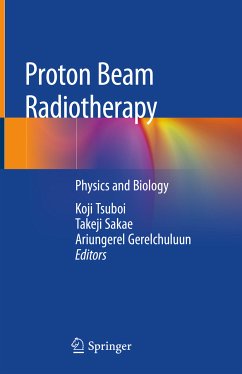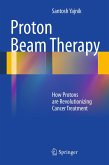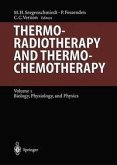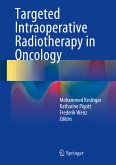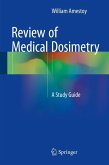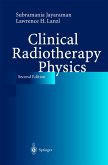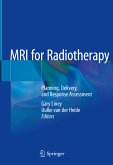The major aspects discussed include the technique's development background, the generation and delivery system for proton beams, physical characteristics, biological consequences, dosimetry, and future prospects in both medical physics and radiation biology in terms of effective cancer treatment. Gathering contributions from experts who provide clear and detailed information on the basics of proton beams, the book will greatly benefit not only radiological technicians, medical physicists, and physicians, but also scientists in cancer radiotherapy.
Dieser Download kann aus rechtlichen Gründen nur mit Rechnungsadresse in A, B, BG, CY, CZ, D, DK, EW, E, FIN, F, GR, HR, H, IRL, I, LT, L, LR, M, NL, PL, P, R, S, SLO, SK ausgeliefert werden.

